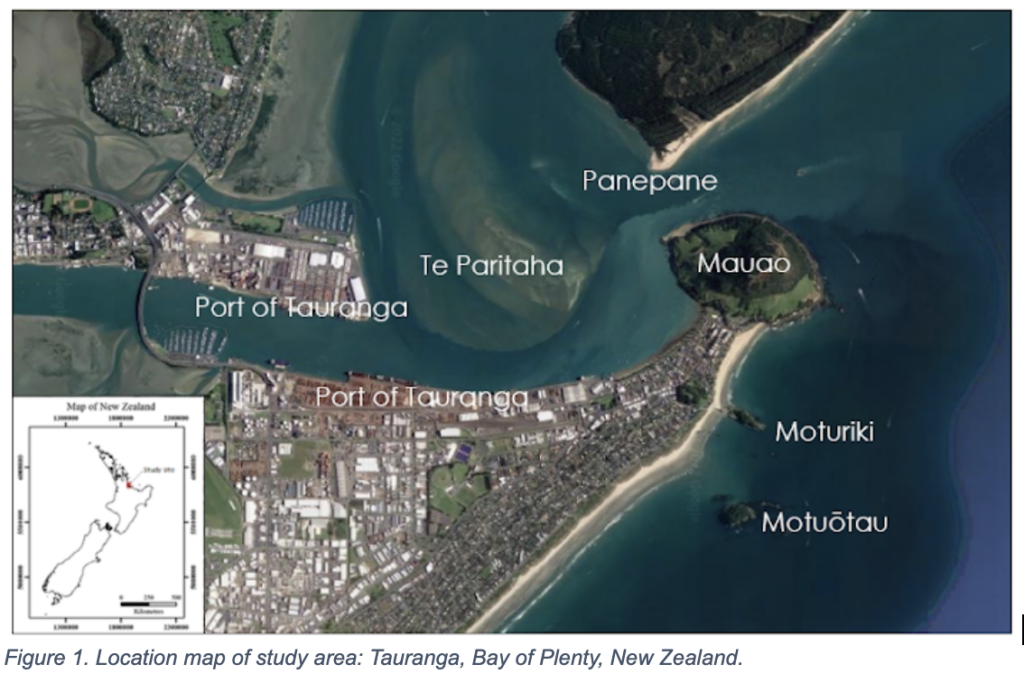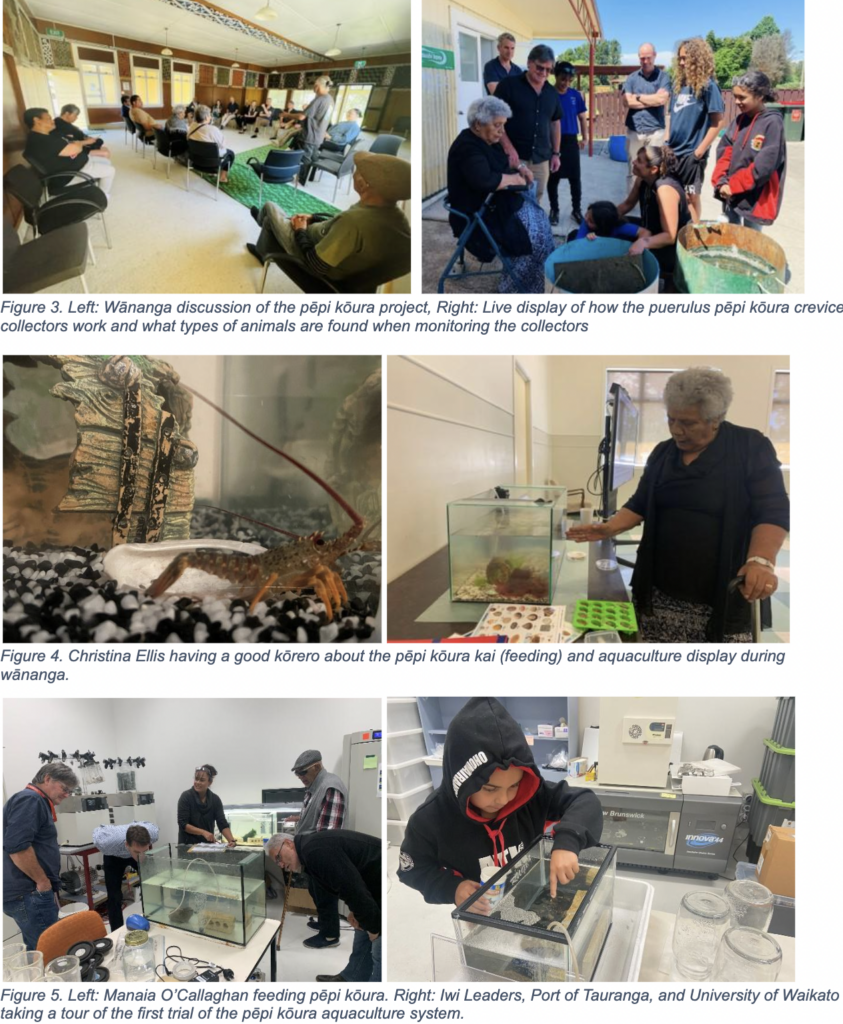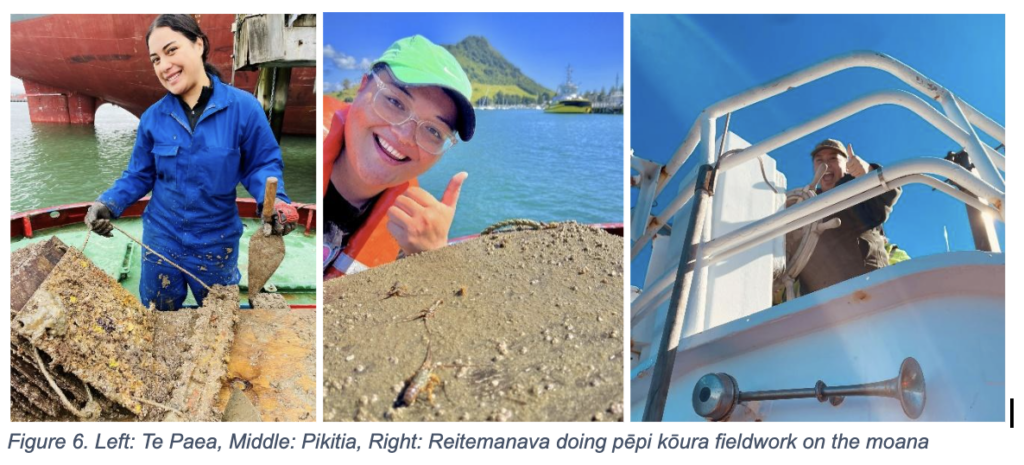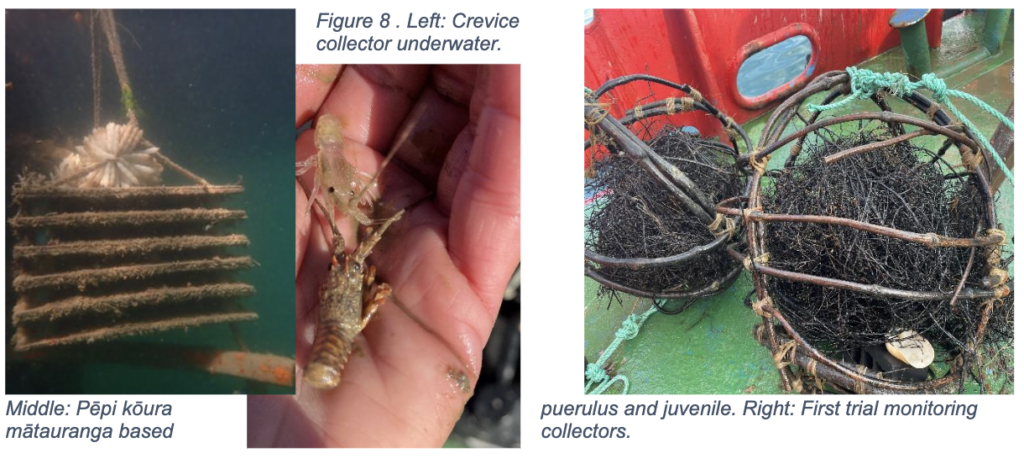Kaupapa:
Climate change is currently posing a significant challenge to Indigenous communities around the globe, including Patuheuheu and Ngāti Haka hapū. Our communities have adapted in various ways, such as relocating, constructing new buildings, resettling, and strengthening our cultural resilience. The lasting effects of colonisation and the need to relocate and reconstruct our communities because of climate change have been difficult but not insurmountable. The increasing severity of climate change, particularly floods, strong winds, and fire risk, is concerning for our hapū. However, how we frame, and study climate change can aid us in overcoming these challenges and thriving despite the adverse conditions. In a world experiencing instability, people seek information from various sources to anticipate, adapt, manage risk, and prosper in a changing climate. We look to our past, our traditional knowledge, to inform us.
Research Aims:
Our overarching aims for our hapū are a continuation of the legacies left by our kuia and koroua. We aim to create sustainable resources to benefit our community for future generations. We believe in the transformative power of education and are dedicated to encouraging this transformation within our whānau. To this end, we are focused on providing various educational opportunities for our tribe members. We also understand the importance of planning for the future, so we are working to develop and implement succession plans for our families. Our goal is to improve the resilience of our whānau, equipping them with the skills and resources they need to thrive. Lastly, we are committed to supporting rebuilding our whare tīpuna, preserving our rich cultural heritage while adapting to present and future needs.
The aims of ‘Ki te whare tū tonu, ki te whare manawaroa: Towards a climate resilient meeting house’ enabled us to focus on how and what information we collectively gather about climate change and its impacts on our whare tīpuna, Tama ki Hikurangi.
MS 1: Tiaki mātauranga/Infrastructure and caretaking of traditional knowledge.
MS 2: Whakarite rangahau/Research preparation.
MS 3: Kohi mātauranga/Collate traditional knowledge.
MS 4: Whiriwhiri kōrero/Organise findings.
MS 5: Toha kōrero/Share findings.
Research Framework:
Our project team, led by Dr Hohepa Tamehana, drew on our local mātauranga to identify three focus areas.
- Te Wai (Past): Understanding the historical narratives, waiata, and whakapapa of our whare tīpuna
- Te Hau (Present): Investigating the environmental impacts surrounding the whare tīpuna associated with climate change
- Te Orangatonutanga (Future): Exploring examples of sustainable marae designs, potential marae networks, and resourcing options
Research methods and analysis:
Throughout this kaupapa, we utilised various methods to achieve our research aims, including reviews of taonga, literature, videos, photos, and interviews. Some key methods used included Wānanga or culturally immersed learning sessions held throughout the project. We collaborated with other existing initiatives with the marae to share and network some of the learnings from our respective kaupapa. We also attended wānanga in neighbouring rohe and around the country, networking with other groups working on the same kaupapa. We will continue to hold wānanga as we work towards rebuilding our whare tīpuna. Multiple hui were and continue to be held between reporting times and across different responsibilities to update and receive feedback about research progress. They have been captured in the form of notes or minutes. An opportunity to analyse the minutes (open to the hapū) was a great suggestion. The most significant method used was the collective scholarship approach. Consistent with our aims, hapū members were invited to partake in a fully funded Master Scholarship opportunity. Five members are engaged in He Waka Hiringa – Masters of Applied Indigenous Knowledge with Te Wānanga o Aotearoa. They are expected to complete their studies in February 2025.
Key learnings and themes
We have identified some key learnings from this kaupapa. As we continue this kaupapa beyond the project, more lessons will likely be ahead. We look forward to engaging with other groups or individuals involved in similar projects.
Establishing roles and responsibilities: One of our emerging lessons in delivering this project was getting clarity around the roles and responsibilities of the project. Many people involved in this kaupapa have multiple roles and responsibilities around and beyond the marae but are fully committed to the aims discussed earlier. A key task identified between the Roopu Rangahau (our kaitiaki group) and the Marae Trust was to develop a plain language MOU to determine responsibilities around research contract management, which are not ordinarily part of a marae setting, nor are they readily available for a hapū entering into a significant research contract. The MOU included responsibilities related to reporting, financial management, health and safety, milestones, sub-contractual arrangements, scholarship management, risk management, and conflict resolution. The MOU is also subject to review. A template is available upon request.
Sharing climate risks from the land: During a wānanga around climate risk assessment together with Tonkin & Taylor, the local whānau shared oral histories of their experiences of the land and changing climate. It was articulated by the whānau that the land is not just a physical entity, but also a spiritual life source. The vitality of the land is deeply connected to the health of the environment and especially affects those who live in the valley. Extreme weather conditions, such as floods and droughts, pose a risk to the land. These conditions can affect the spiritual vitality of the land and, in turn, impact the people who live there. Understanding this interconnection can help us better protect the land and its inhabitants.
Understanding the impacts of climate change upon the people: A critical conversation that occurred led to one of the Master’s student shifting her focus from climate change impacts on the local river to vulnerable populations within Waiohau Valley, including kaumātua, mokopuna, ngā tūroro. She discovered in her role as a caregiver that the voices of those she cares for and how they will be impacted is vital to her well-being and deeply interconnected with the collective well-being of the hapū.
The role of spirituality to facilitate resilience: Spirituality within our research activities is critical to the well-being of our kaupapa. Understanding the connectivity between ourselves, each other, the changing environment, and our past, present, and future must be nurtured and maintained regularly. We recognise the Ringatū Haahi’s critical role in facilitating resilience for future climate risk events, which has been a constant across our rangahau activities.
Communicating and managing expectations: One of the features of having a hapū wide research topic and reporting in the marae space places expectations of what and the level of reporting detail. We learned that the decisions of a project team and Roopu Rangahau do not translate into the marae space. In the future, we will communicate up front and, more often, the roles and responsibilities of our MOU so that a clear line is made around who is responsible for what and what level of information is shared. There are also expectations around the students returning to the marae to carry out their work at the whare while they study. Such expectations pressure the students to juggle whānau and work commitments, traveling, and financial constraints, yet pass their papers. At the same time, it places extra pressure on the hau kāinga, who have the day-to-day responsibilities of running the marae. This is part of a broader and intergenerational issue around keeping the home fires burning without burning out our people. There are whānau, also hau kāinga and ahi teretere, mostly graduates of He Waka Hiringa, who have been supporting the students with their mahi.
Critical conversations around: There have been opportunities to internalise some conversations at multiple levels and across multiple entities against the backdrop of actual severe weather events such as Cyclone Gabrielle. The topics of conversations range from accessing affordable and durable materials for the whare tīpuna, understanding the different marae responses to Cyclone Gabrielle, the need for people to support the upkeep of our whare tīpuna and the marae complex, succession planning, reflecting on preparedness and response plans, leadership, and decision-making roles and so on. The recent engagement of the Toi Rito Toi Rangatira leadership programme has also sparked further conversations of interest. A follow-up of their mahi is coming soon.
Caring for our taonga tuku iho: The students are currently developing their taonga tuku iho, sustainable resources to benefit the hapū. A critical question from this arrangement is around the responsibility of a taonga for collective benefit. It was determined that each student would maintain kaitiakitanga roles over their taonga, which is up to them, with guidance from select hapū members. The aim to establish a database did not happen at this time; although all the parts of a database are ready, we are missing the guiding kōrero (which was not factored into our research plan). A much bigger kaupapa is ahead –around how we care for our mātauranga. We have returned to our Kāhui Kaumātua to start the kōrero around what is important to be captured and why we are capturing this mātauranga. We already have digitised material of our taonga that is ready to be processed, but we need guidance on the level of information required. Most importantly, we need clear direction on why we would host a database. The kaupapa of data sovereignty and the Local Context’s Traditional Knowledge Notices were also investigated. This will be an ongoing kaupapa.
Drawing on our broader networks: We have been working closely with several external networks, including people or groups we have whakapapa ties with. We also have been liaising closely with other research networks such as universities or wānanga, and other tribes who have experienced or are undergoing marae restoration work. A highlight was a presentation by one of our whānau members living in Canada and sharing their experiences. The whānau from Canada participated in the wānanga, which included an exchange of cultural taonga and gifts to deepen the connection of storytelling and spiritual and whānau bonds.
This kaupapa is part of an intergenerational process started by our ancestors and will continue through our mokopuna. This is a snapshot of gathering mātauranga, developing whānau, and understanding our strengths and limitations more as we work towards rebuilding our whare tīpuna in a changing climate.



